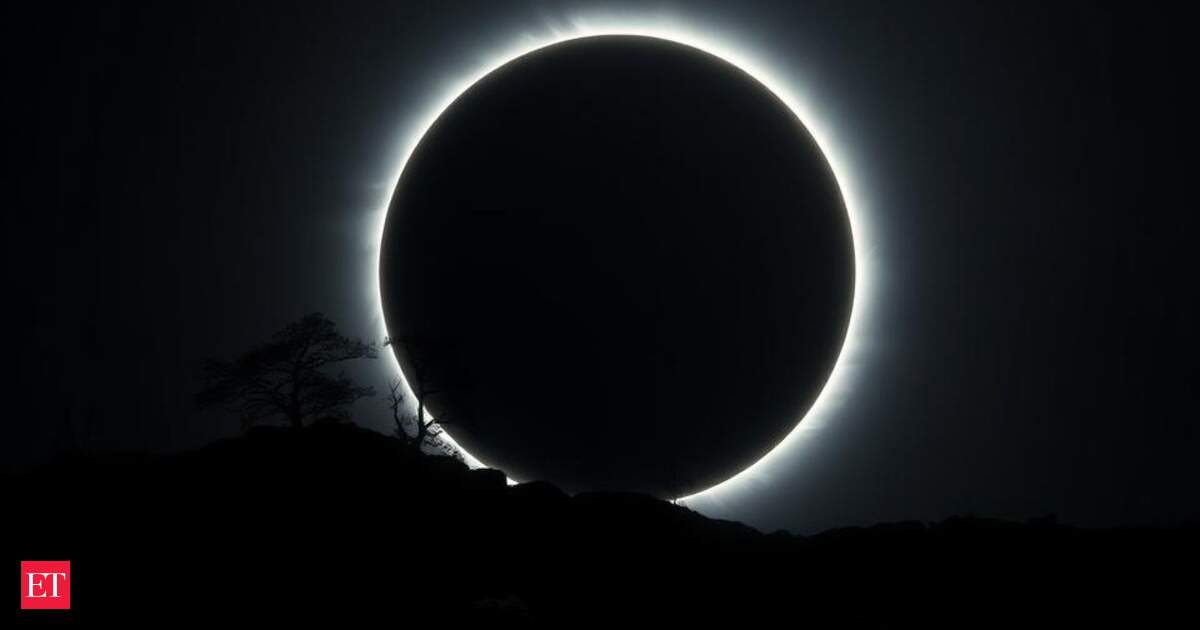With heightened public curiosity around astronomical events in recent years, a question has gained momentum among skywatchers and social media circles alike: is there a solar eclipse on August 2, 2025? The anticipation is understandable, especially as global enthusiasm builds for a monumental solar eclipse scheduled for August 2, 2027. However, when it comes to the year 2025, astronomers confirm that no solar eclipse will take place on August 2.
Still, the buzz around the query reveals the growing public appetite for space phenomena. Here’s what we know, and why the date is being confused with an extraordinary cosmic occurrence set to happen two years later.
No Solar Eclipse on August 2, 2025According to astronomical records maintained by NASA and verified by national observatories, there is no solar eclipse slated for August 2, 2025. In fact, only two solar eclipses are expected that year:
An annular solar eclipse on February 28, 2025, visible from parts of the South Pacific Ocean.
A partial solar eclipse on August 23, 2025, expected to be visible across areas of Canada, Greenland, and the Arctic.
Neither of these matches the August 2 timeline that has gone viral in online discussions. Therefore, any expectation of a celestial blackout on that particular summer day in 2025 is unfounded.What’s Fueling the Confusion? A Glimpse at 2027The speculation likely stems from the much-anticipated total solar eclipse scheduled for August 2, 2027 — a rare and extraordinary event astronomers around the world are already preparing for. Unlike typical eclipses, this one is predicted to be the longest total eclipse visible from land between the years 1991 and 2114. Live Events
Live Events
At its peak, the totality, the phase where the Moon completely covers the Sun, will last an astonishing 6 minutes and 23 seconds, more than twice as long as most total solar eclipses.Solar Eclipse 2027: What Makes It Special?As experts explain, several rare astronomical conditions will converge to create this unusually long eclipse:Earth will be at aphelion, its farthest point from the Sun. This makes the Sun appear slightly smaller.
The Moon will be at perigee, its closest point to Earth, appearing larger in the sky.
The eclipse will also pass close to the equator, where the Moon’s shadow moves more slowly across the Earth’s surface.These three factors combined ensure a prolonged period of total darkness — a phenomenon that has excited scientists and eclipse chasers alike.Who Will Witness the 2027 Event?The total eclipse of 2027 will be visible across a vast swath of the globe. The path of totality, where the eclipse will be visible in full, begins over the Atlantic Ocean and then moves eastward.
According to forecasts, the Moon’s shadow will pass through:
Southern Spain and Gibraltar
North African countries including Morocco, Algeria, Tunisia, Libya, and Egypt
Parts of the Middle East, including Saudi Arabia, Yemen, and Somalia
In Luxor, Egypt, observers will enjoy the longest duration of totality, over six uninterrupted minutes of mid-day darkness.Clear Skies Expected in Key LocationsAdding to the excitement is the fact that several countries on the eclipse’s path, including Libya and Egypt, typically enjoy clear, sunny weather in August, increasing the chances of unobstructed views. Many amateur astronomers and tourists are already planning expeditions to these regions, with some tour operators offering eclipse-themed packages well in advance.Solar Eclipse: Why Does It Matter?For the uninitiated, a solar eclipse occurs when the Moon passes between the Earth and the Sun, blocking all or part of the Sun’s light. While partial and annular eclipses are relatively common, a total solar eclipse, especially one of this duration and visibility, is a rare cosmic spectacle.Clarifying the Date: 2025 vs 2027As the world counts down to that rare astronomical moment, educators, scientists, and skywatchers alike are working to raise awareness, encourage responsible viewing practices, and promote the wonder of space science.
So, while 2025 will not see any celestial blackout on August 2, it certainly sets the stage, both in excitement and education, for what lies ahead in 2027.
FAQsIs there a solar eclipse happening on August 2, 2025? No, astronomers confirm there is no solar eclipse on August 2, 2025. This date has gone viral online, but it does not correspond to any real astronomical event that year.
Why are people asking about a solar eclipse on that date?The confusion stems from August 2, 2027, which will feature a rare total solar eclipse. Enthusiasm for that event may be leading people to mistakenly reference 2025.
Keywords Used: Solar eclipse, is there a sol

